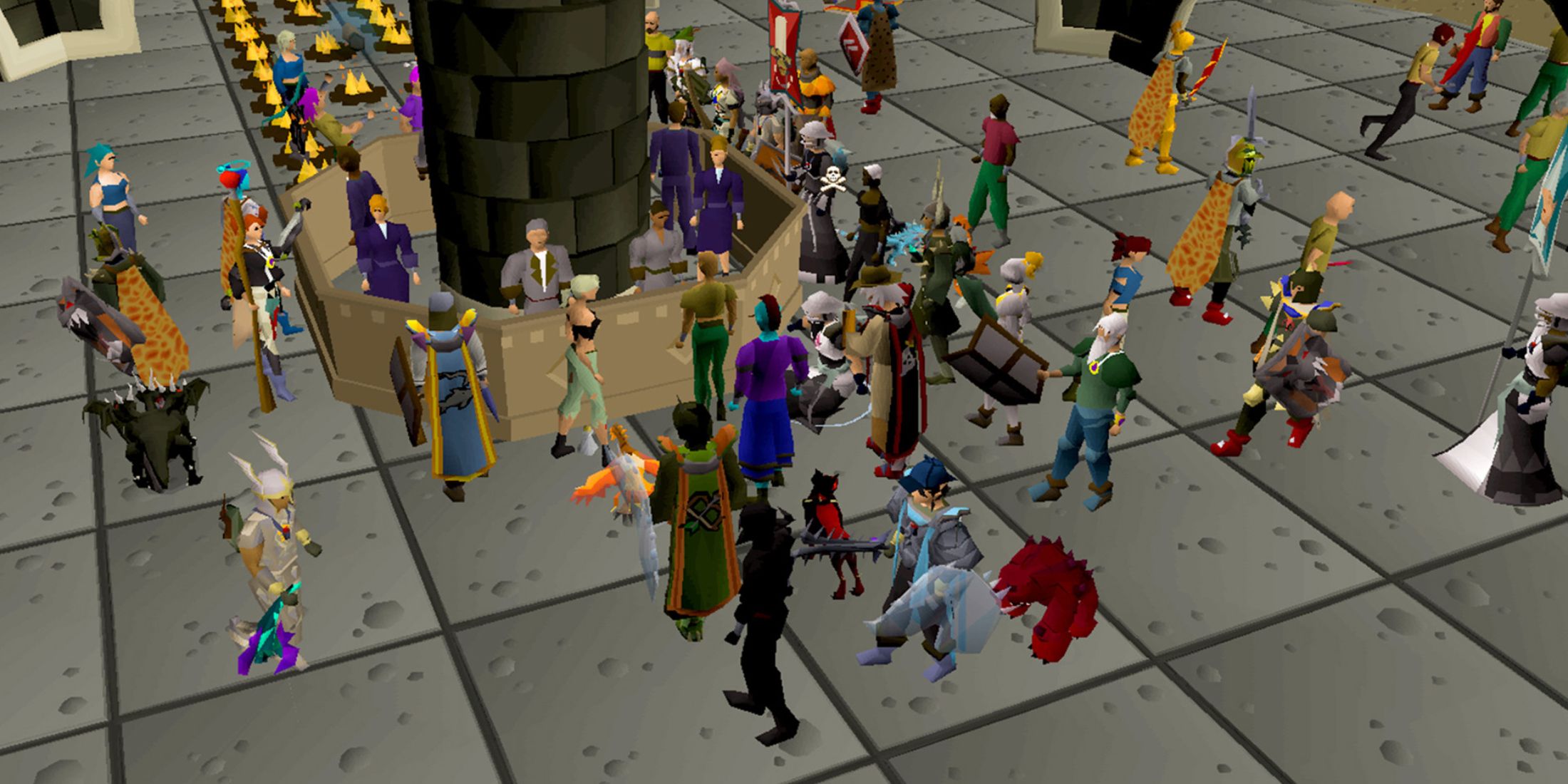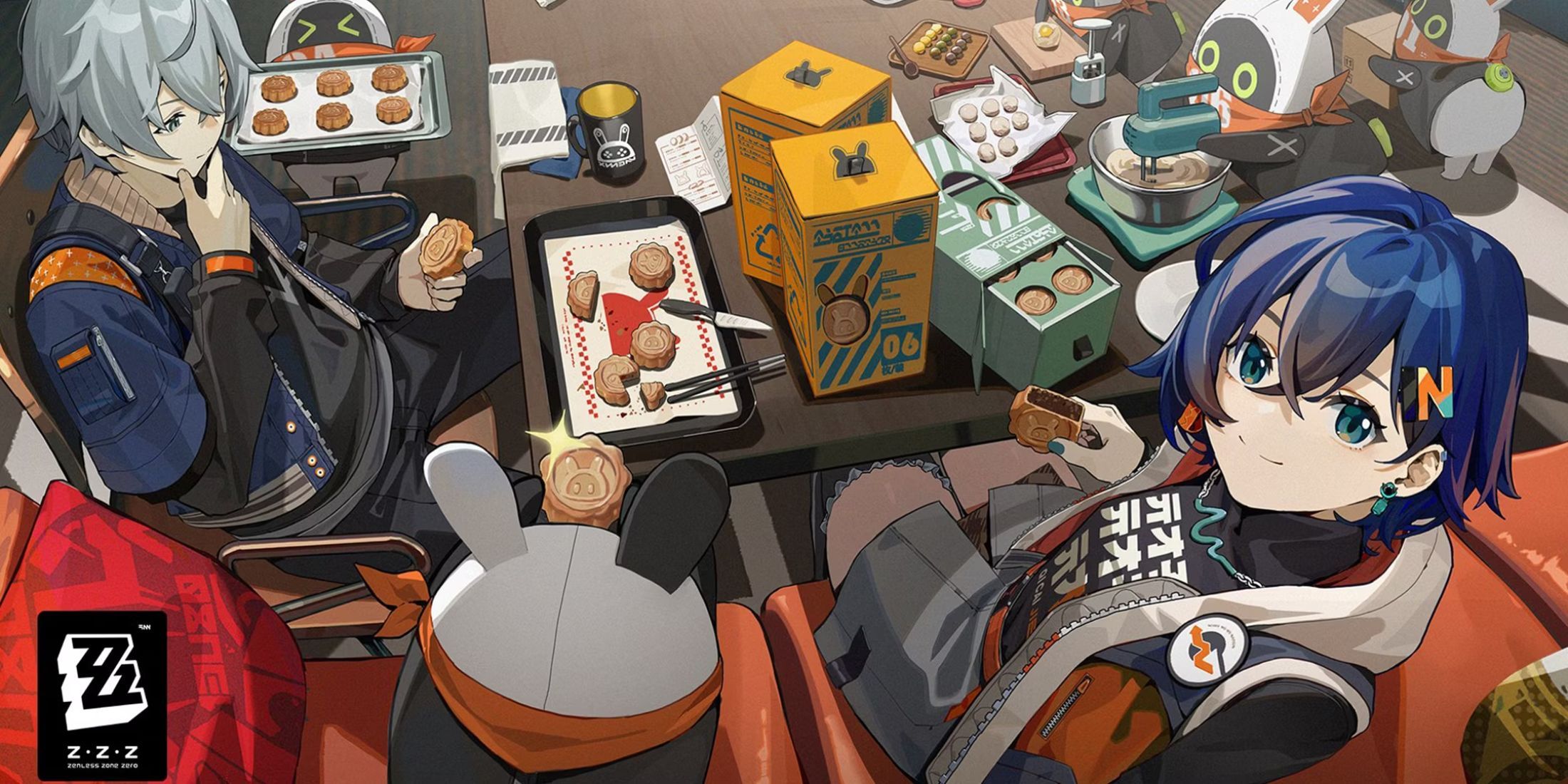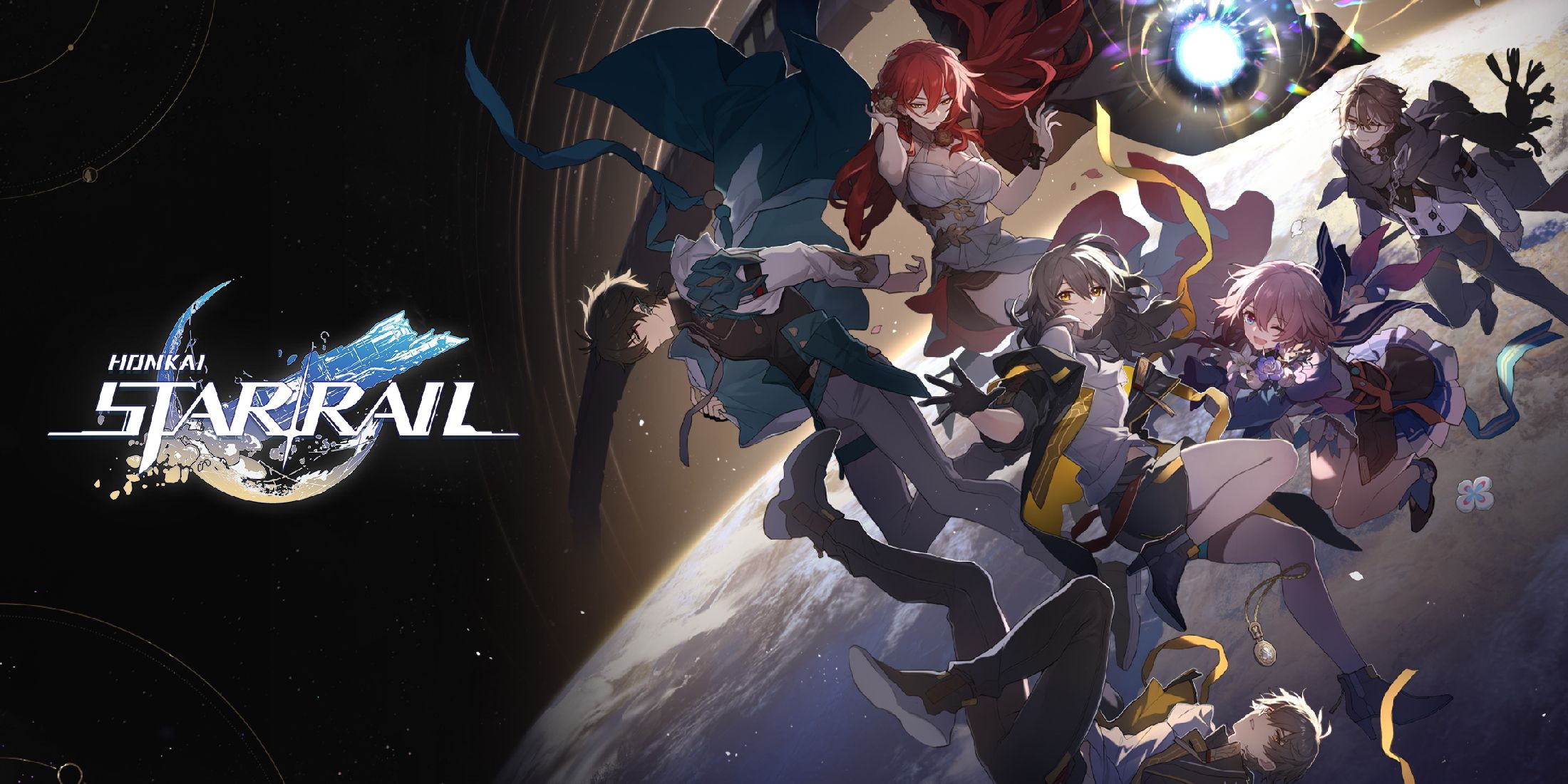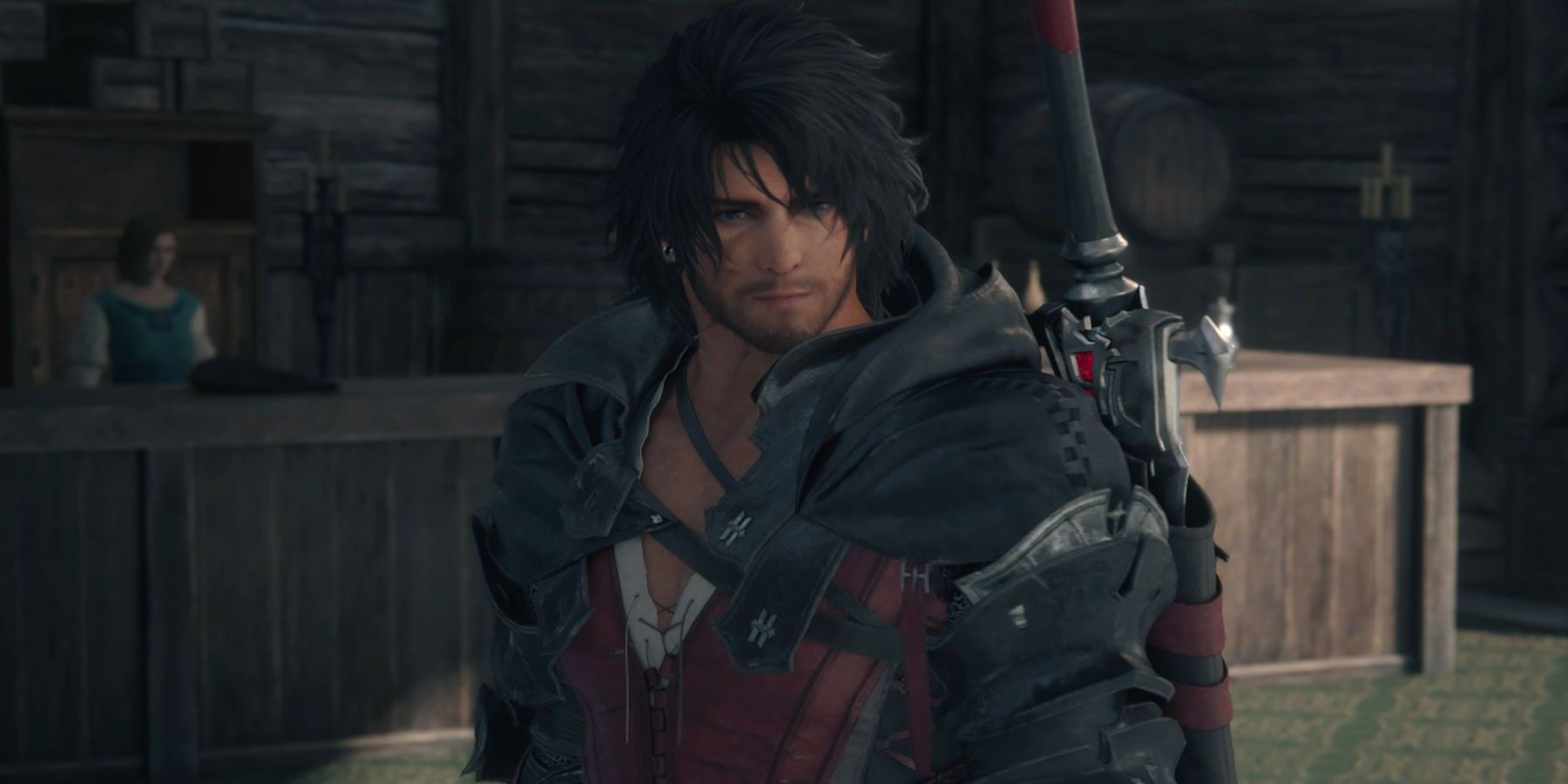Highlights
- Final Fantasy 16 draws heavily on the mechanics of its predecessors, particularly Final Fantasy 13, with its real-time gameplay and the use of the stagger system.
- Despite their differences in setting and characters, Final Fantasy 16 and Final Fantasy 13 share similarities in themes and narratives, with both focusing on power struggles and the protagonists' journeys.
- Final Fantasy 16's success is attributed to its departure from the classic open-world system and its adoption of a mixed composition of linear progression and open-world gameplay, reflecting a trend in the gaming community towards fatigue with the open-world genre.
Square Enix boasts a wide game discography, and it can be a challenge to churn out brand-new ideas for every installment of its most successful franchises, so it comes as no surprise when an update to the catalog relies heavily on its predecessors' mechanics. Final Fantasy 16 has roots in the best Final Fantasy games, but the mainline series' most recent edition is more like Final Fantasy 13 than any other. Final Fantasy 13 is one of the most influential iterations of any series, significantly impacting the details of later editions of the franchise in several ways.
Final Fantasy 13 marked a shift to making the Final Fantasy games less turn-based, and this was evident in the real-time gameplay of the MMORPG-themed Final Fantasy 14 and the combat-based Final Fantasy 15, a welcome deviation from the Active Time Battle style of its prequel. Also, the 13th installment had its imprint on the stagger system, which has become a defining dynamic in newer games like Final Fantasy 7 Remake and Final Fantasy 16. At first glance, Final Fantasy 16 and Final Fantasy 13 might appear worlds apart in terms of setting, characters, and attack mechanics, but a deeper look at their core aspects reveals similarities in themes and narratives.
Final Fantasy 16's Linear-Focused Gameplay is Reminiscent of FF13
Ambition is a common theme in the Final Fantasy series, and the story of Final Fantasy 13 gives players a view of the technologically advanced world of Cocoon, under governance by the fal'Cie. Following the main characters -- Lightning, Snow, Hope, and a few others -- gamers take on the role of l'Cie and embark on a mission to save the world while under pursuit by Cocoon's government. Likewise, Final Fantasy 16's Valisthea threatens to be torn apart by a power struggle for control of Mothercrystals and Eikons. In a story spanning decades, Clive Rosfield goes from protecting his younger brother Joshua in his youth to a revenge-fueled journey later in life, and the protagonist must navigate Valisthea's intricate web of politics and power just as the l'Cie confronted their destines in Final Fantasy 13.
The latest edition's modern-day RPG approach to its playthroughs heralded the franchise's departure from the classic open-world system, and Final Fantasy 16's sales numbers are a testament to how far ahead of its time Final Fantasy 13 was. Featuring a mixture of linear progression and open-world gameplay, Final Fantasy 16 differs in design from the open-world dominated games like Elden Ring, and its success shows Square Enix was capable of trying something different and yet familiar.
Exploration-based RPGs were gaining prominence at the time of Final Fantasy 13's release, and Square Enix appeared to be hanging on to an aging dynamic in rapidly changing times. However, similarly to Final Fantasy 16, Final Fantasy 13 granted an open-world experience in Pulse, allowing gamers to ride Chocobos at will through the planet and complete quests in any palatable order. As fatigue with the open-world genre spreads in the gaming community, the fad for linear-based gameplay seems to be regaining its footing, and Final Fantasy 16's mixed composition was a driving factor behind its success.
With the evolution of the RPG scene, the future of the Final Fantasy franchise lies in the formula Square Enix deployed for Final Fantasy 16, using both techniques to bring a quality gaming experience to fans. The developer's flexibility reflects a willingness to experiment with narrative systems while maintaining core storytelling elements, and the franchise will likely continue exploring new ways to combine tradition with modern fan expectations.
Final Fantasy 16 is available now for PS5.





